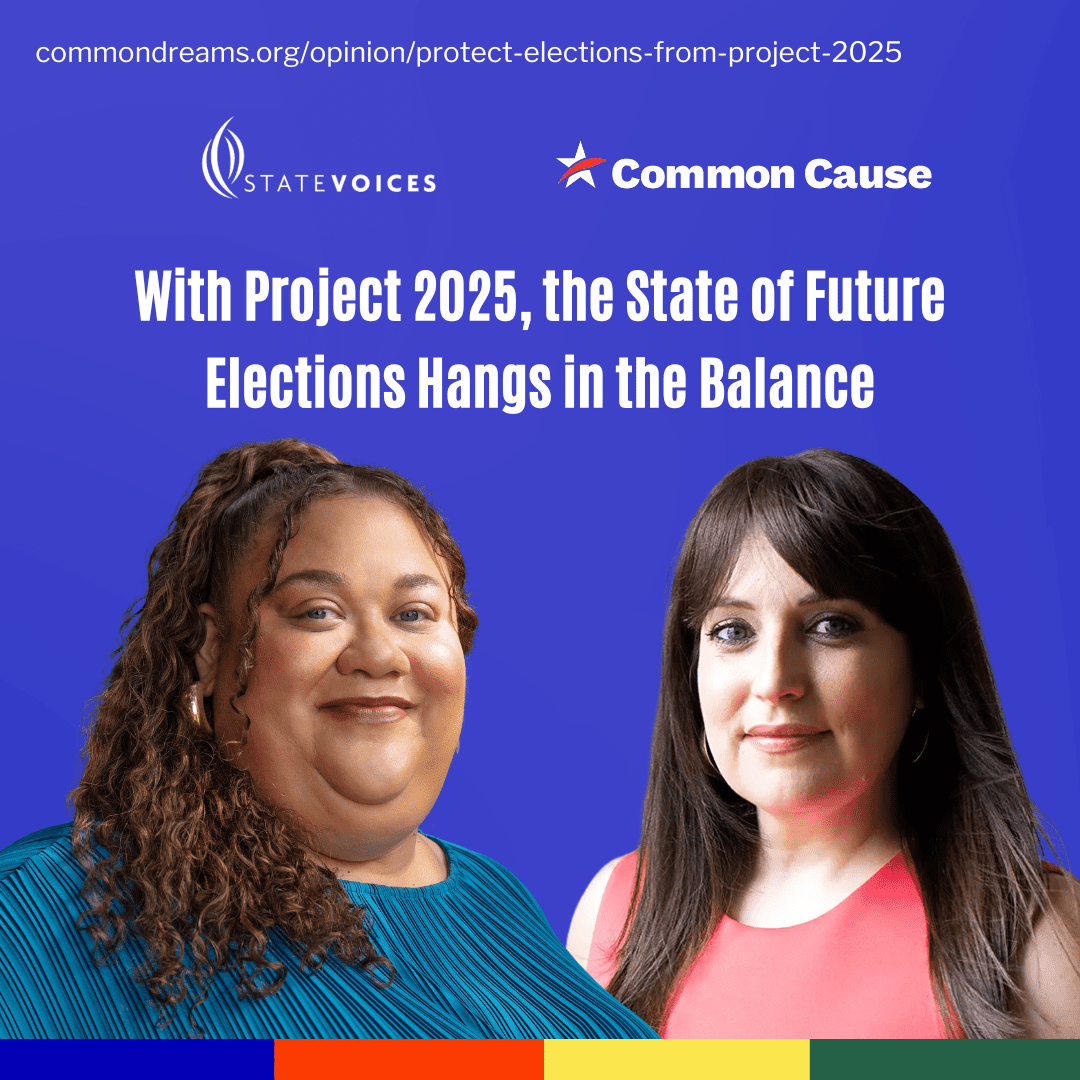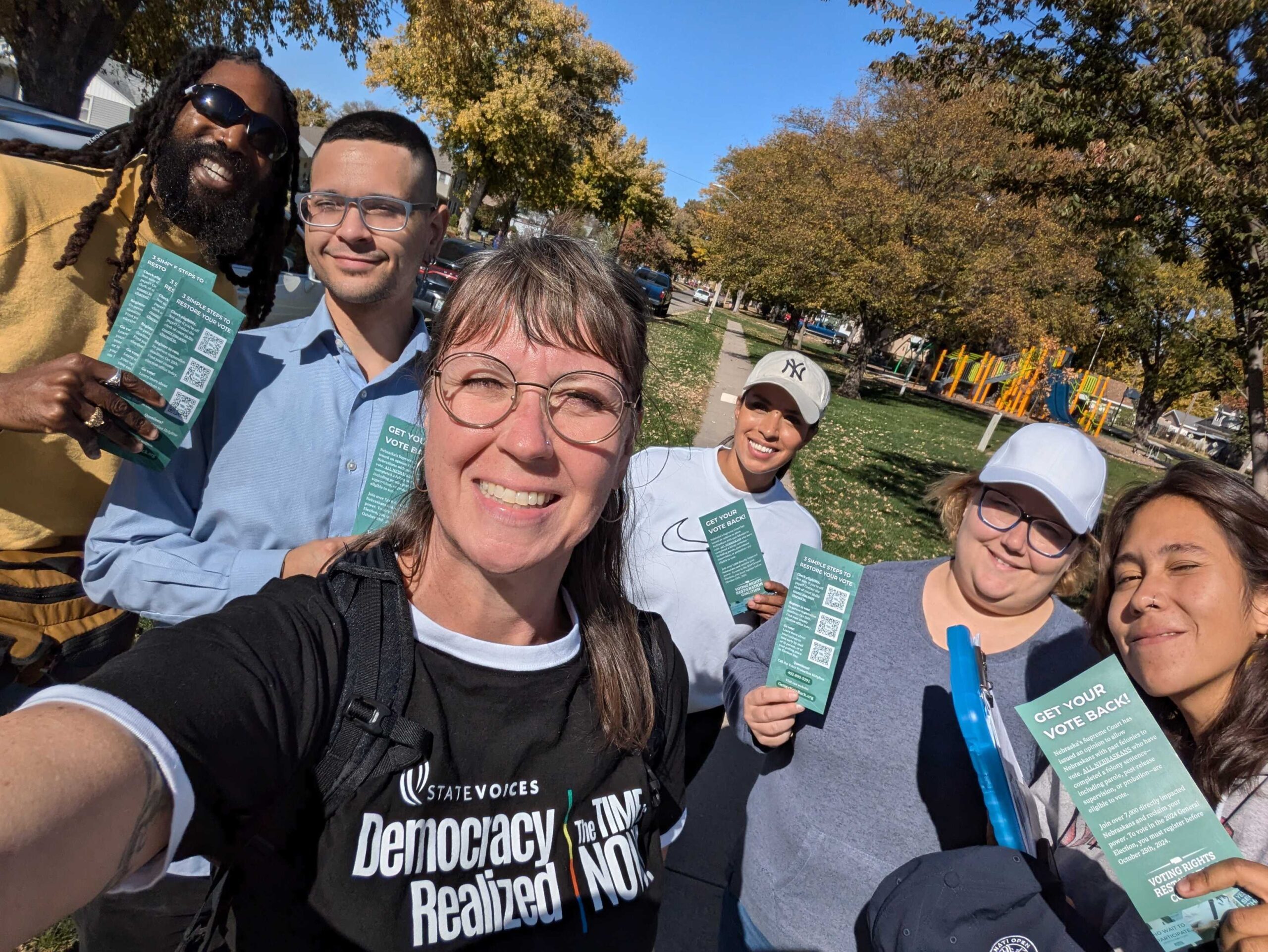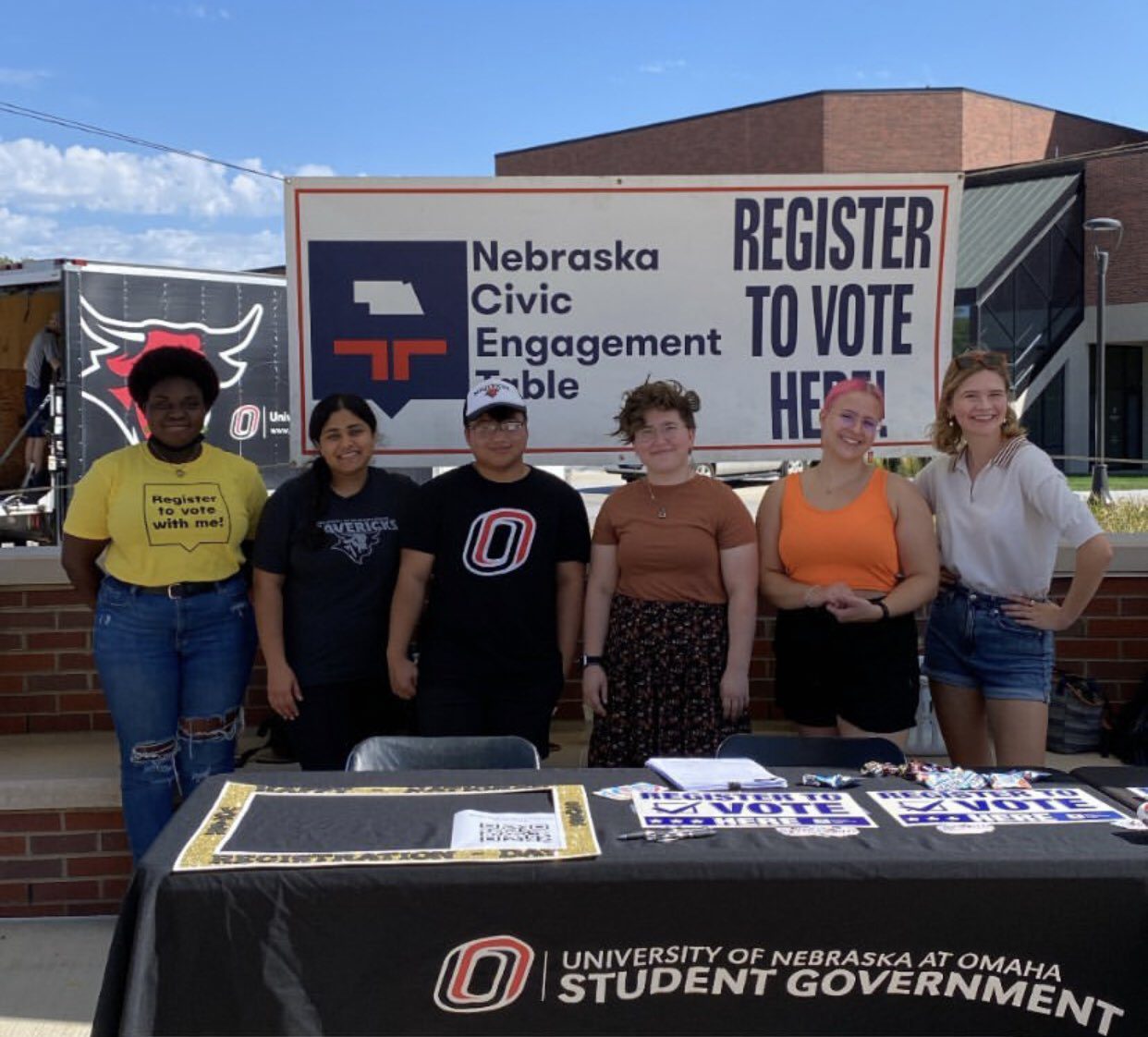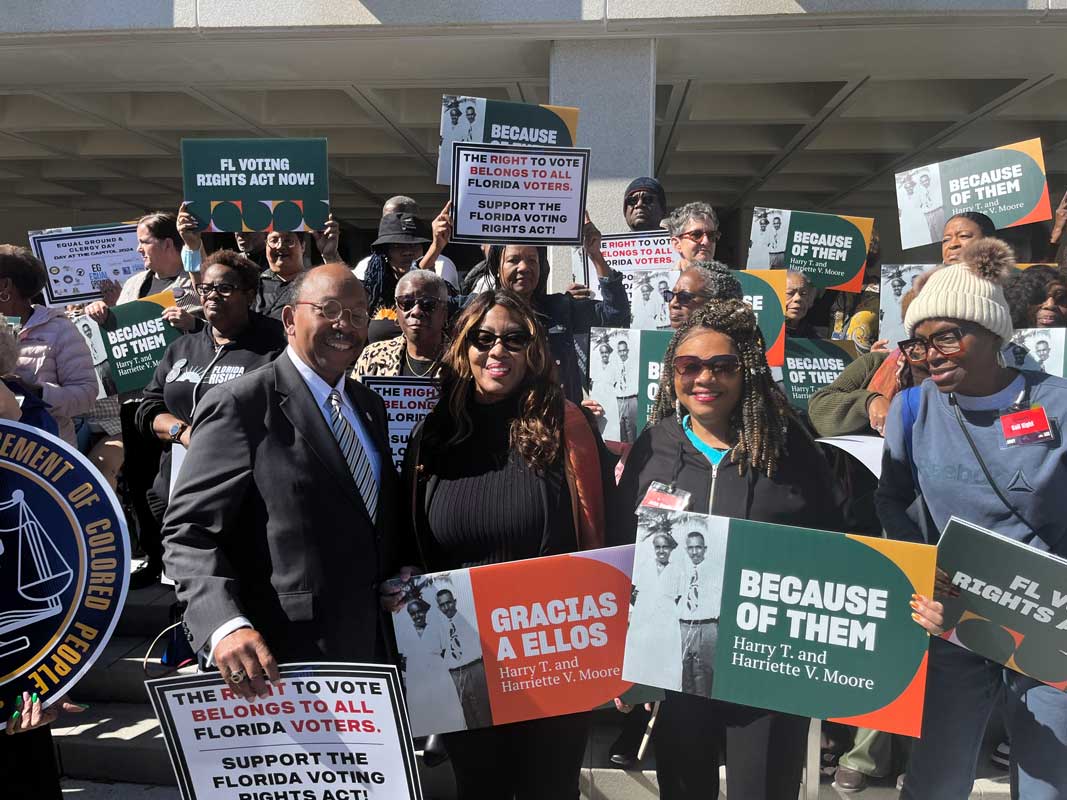At State Voices, our vision for liberation is bigger than any single election or campaign. We’re building a movement that empowers our communities to show up with confidence at every point in the civic process, all year long.
For many State Tables, that year-round, power building cycle starts with advocating in state legislatures for new laws that allow multiracial democracy to thrive. State legislative sessions are where community members have the opportunity to make their presence felt and their voices heard, and your state may be in session now.
What is a legislative session?
A legislative session is the convening where elected state legislators come together to introduce, debate, amend, and eventually pass bills into law. In 2024, legislative sessions are already underway in most states, though some are still in the preparation stages.
While mainstream media is often fixed on presidential and congressional races, the decisions that most directly impact our lives are made at the local level, and state legislatures are the governmental body where a lot of that decision-making happens. During legislative sessions, community members also have the opportunity to speak to elected state legislators and build relationships, make public comments, and participate in lobby events and town halls.
Legislative advocacy
Partisan gridlock and competition for media attention from federal lawmakers often presents challenges for passing legislation on a federal level, making progress at the state level all the more essential. Compared to members of Congress, state lawmakers represent smaller constituencies, have smaller or zero staff, and receive a fraction (if any) of the media attention and scrutiny compared to their federal counterparts. For advocates fighting to improve our democracy, local access to lawmakers can be a major advantage in resisting harmful legislation and supporting proposals that strengthen democracy.
In 2024, our state nonpartisan coalitions are using legislative sessions to defend and expand voting rights as well as demand progressive action on economic and health justice:
- In Florida, our friends at State Voices Florida were proud to take part in a rally in support of the Harry T. and Harriette V. Moore Voting Rights Act at the Florida Capitol earlier this month. The legislation is named in honor of Harry T. and Harriette V. Moore, two of Florida’s most important voting rights advocates who died championing the right to vote for Black Floridians.
- In Maine, advocates are supporting proposals for Maine to allocate its four electoral votes to the popular vote winner in the upcoming presidential election as well as securing funding for election administration.
- In Nebraska, our partners at the Nebraska Table are pushing for the passage of bills that would automatically register Nebraskans to vote (LB 1042) and restore voting rights to folks convicted of felonies (LB20), while opposing a bill to limit the early voting period (LB 1211).
- In New Mexico, the NM Paid Family and Medical Leave Coalition saw a victory as SB3 passed in the Senate Finance Committee. If passed, the bill would provide up to 12 weeks of paid family and medical leave.
As we continue to mobilize, you can stay engaged by checking out the events across our network and these resources:
- Our Legislative advocacy toolkit outlines best practices for pro-democracy advocates engaging in the legislative process.
- The Voting Rights Lab Legislative Tracker tracks state legislation across over a dozen issue areas.
2024 is more than an election year. It’s a reminder to stay informed, engaged, and activated. Together, we can build a democracy that fully represents the people.
Categories: Integrated Civic Engagement



